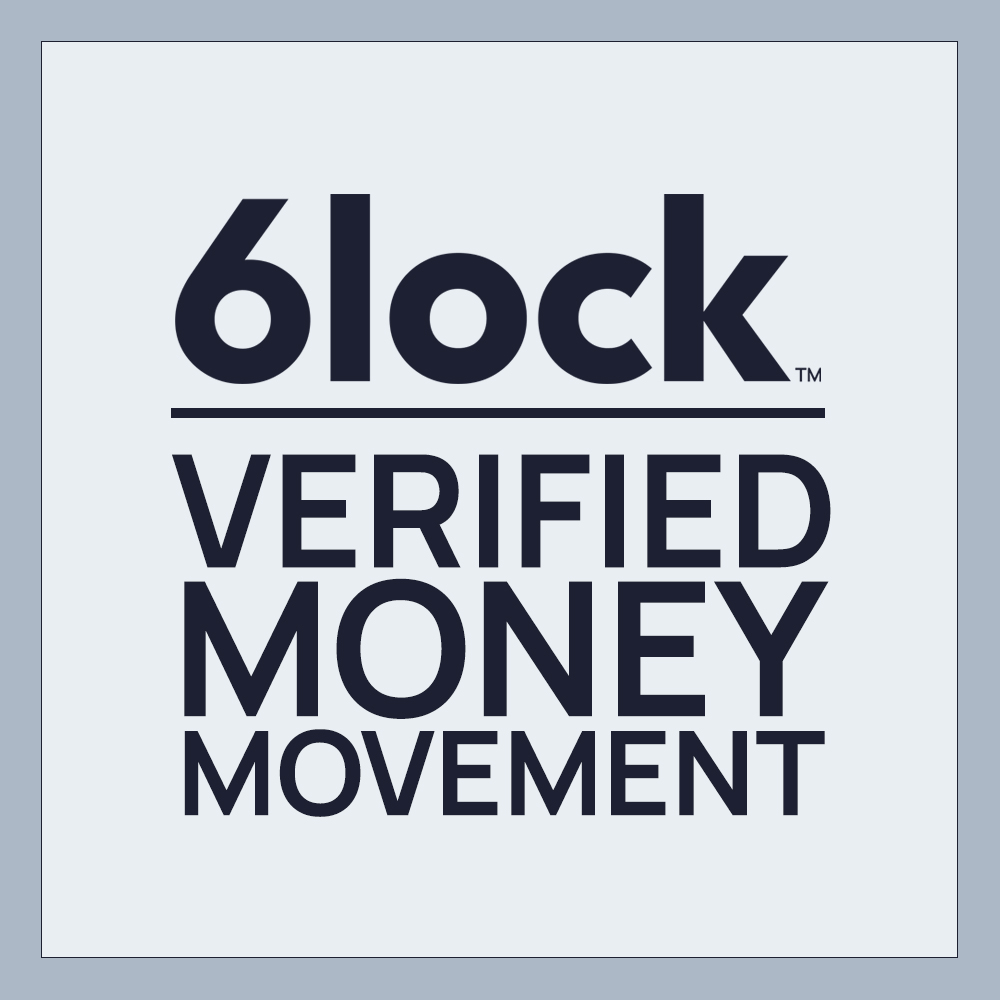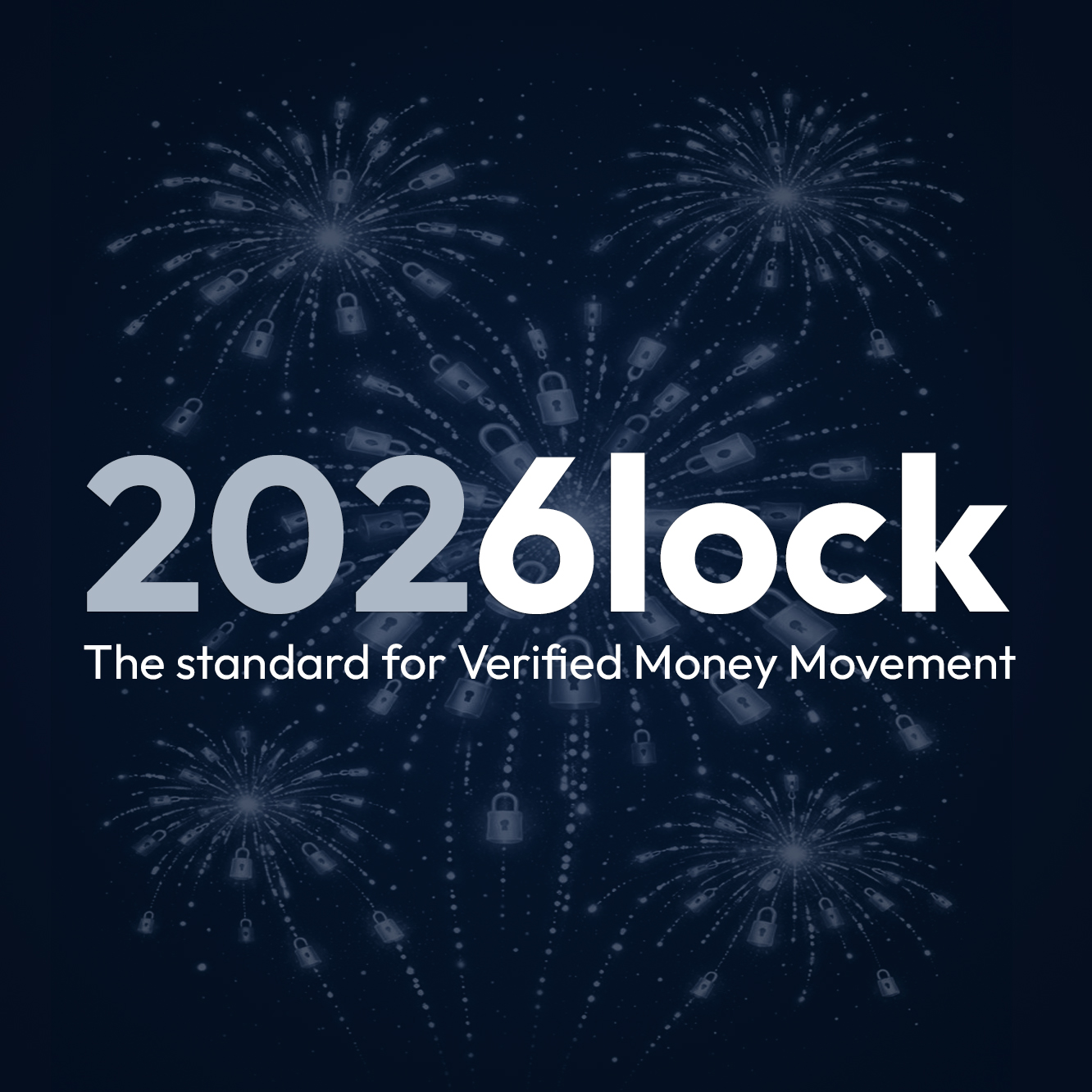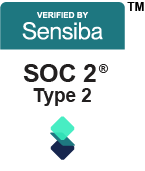This silence is understandable in a trust-based industry where reputation is currency. But the stigma around fraud is costing firms far more than they realize.
Silence Creates Blind Spots
When fraud is a taboo subject, risk management becomes fragmented. Whispers about near-misses and headlines about big hits trigger teams to double-down on double-checks — but the real answer is to address systemic vulnerabilities head-on.
As firms lean harder into outdated processes — phone calls to verify investor identities, emails to get that last detail confirmed, spreadsheets to reconcile transactions, and staff time spent in endless “are we sure?” loops — the result isn’t safety, it’s exposure.
Fraudsters thrive in silence, quietly spying on email and deploying AI-fueled spoofing. Without peer benchmarking, shared best practices, or industry-wide transparency, attackers will always stay a step ahead.
Operational Drag
A single distribution can absorb weeks of staff time, not just because the transaction itself is complex, but because the fear of fraud forces inefficiency into every step.
This is the hidden tax of fraud stigma: wasted hours, IRR impact, and slowed deals.
Fraud stigma pushes firms into labor-intensive workarounds in an attempt to reduce risk. But every verification callback and redundant review burns hours that could be spent on value creation. And sadly, these workarounds create more attack surface for fraudsters — not less.
Fund administrators end up with busywork that stretches talent thin and escalates costs. Private equity CFOs end up paying for “control” while undermining both speed and security.
Investor Anxiety
Stigma around fraud keeps private equity firms clinging to risk-reduction methods that actually erode investor confidence.
Limited partners are more digitally savvy than ever. When a distribution requires a phone call to confirm an account number, they don’t see “extra care.” They see red flags.
Not talking about fraud doesn’t reassure investors — transparency does. So let’s talk about where the risks really lie:
- Phone calls to discuss PII can be tapped or spoofed.
- Emails confirming PII can be stolen.
- Passwords and account numbers can be used by anyone.
In the past, private markets had no choice but to build double-checks around wire transfers in an attempt to keep them secure.
Today, private markets can improve transaction security with tools purpose-built to verify identities, manage PII, catch anomalies, and provide real-time visibility as funds leave and land. That’s what modern investors want.
The Financial Reality
Private equity is reported to have lost ~$3.3 billion to fraud in 2024 — and it is guessed that only 5% of fraud hits are ever reported.
Yet the majority of firms have no formal system in place to prevent it. They rely on hope, habit, and hush-hush policies while tasking fund administrators with preparing every transaction perfectly.
The financial cost is obvious when fraud strikes, but the ongoing costs of stigma — slowed operations, frustrated investors, higher staff turnover — are just as damaging.
Breaking the Stigma
How can we get out of this loop? The first step is cultural. The status quo is broken and must be fixed. Fraud must be discussed openly, not only when a crisis hits.
CFOs and fund administrators must reframe the conversation from stressful silence to active stewardship. Talking about fraud prevention isn’t admitting weakness — it’s demonstrating leadership.
The second step is structural. Fraud prevention can’t rest on people alone — they need tools that make money movement secure and transparent. Modern best practices include invitation-only transaction spaces, biometric identity verification, and ongoing KYC/KYB monitoring.
In the age of AI, no phone call is safe from cloning, no email is safe from phishing, and no spreadsheet is safe from tampering.
Only purpose-built systems with meaningful identity verification, automated compliance, and real-time visibility can truly de-risk transactions.
A Path Forward
Private markets pride themselves on resilience and innovation. It’s time to apply that same spirit to money movement. By confronting fraud stigma head-on, we can replace fear and inefficiency with confidence and speed.
At 6lock, we believe secure money movement is the foundation of modern private markets. Using technology that wasn’t possible even two years ago, we’ve created the fraud-proof money movement tool private equity needs, now.
When fraud is no longer taboo, firms free themselves to operate at the pace of opportunity. And when fraud prevention is built into every transaction, the stigma disappears — along with the unacceptable costs it has imposed for years.
.svg)
.svg)











.svg)